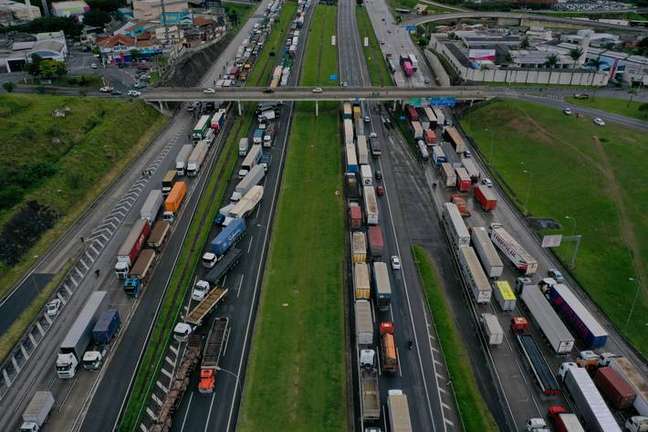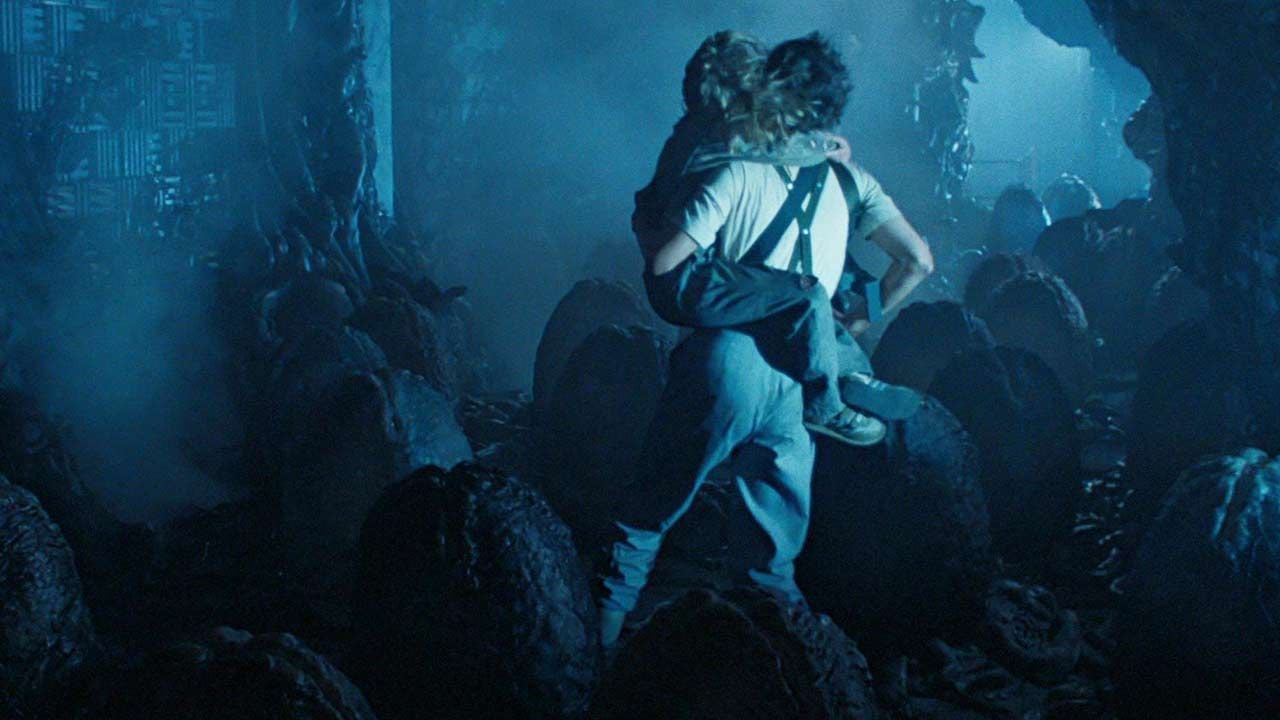Patients with scheduled appointments, chemotherapy, or surgeries got stuck on the highways; dialysis clinics already suffer from critical supplies
The undemocratic protests obstructing traffic on highways across the country are already causing harm to patients who have to travel for highly complex consultations, examinations and treatments, such as cancer surgery, chemotherapy and hemodialysis. There are reports of patients who, due to blockages, have missed appointments that took months to schedule. The demonstrations also hinder the delivery of medicines and supplies to hospitals, which already fear shortages, as well as hindering the arrival of health workers in their workplaces.
In the city of Taquara (RS), in the metropolitan region of Porto Alegre, at least five cancer patients missed their appointments because they were blocked on the road. “One patient missed a gynecological surgery (oncology), the other patients missed their appointments. Most were the first appointments, which are regulated by the municipalities of origin and which patients usually take many months to obtain, “said Vitória Silva, who works in the regulatory sector of a hospital that serves SUS in the municipality and is a reference in oncology by city in the region.
“These consultations are extremely important so that they can begin treatment,” he said Estadio. She says some doctors extended their shifts late to be able to see other patients who were hours late due to the lockdown.
In Florianópolis, children with cancer skipped chemotherapy sessions because they were stuck on the streets of Santa Catarina, one of the states most affected by anti-democratic demonstrations. According to a report by pediatric oncologist Amanda Ibagy on social media, the children were unable to make it to the sessions on Monday 31 and were only able to attend on Tuesday 1, “proving” to protesters that they had cancer.
“Today (Tuesday) they have (arrive), he had to leave very early, he got stuck in checkpoints. They just gave up because they had a letter from us saying they have cancer. One also had to take off his cap to show that the girl was bald. This is all very sad because, in addition to having to deal with the pain of the procedures, there is still this uncertainty as to whether or not they will come for the baby’s care, “the doctor said on his Instagram page.

Also in Santa Catarina, the Municipality of Navegantes reported that health workers were unable to reach health posts. At least three primary health care units (UBS) in the municipality were without a doctor this Tuesday morning.
In Sao Paulo, the parents of Clara, 2, who is being treated for leukemia, suffer from the delay in the supply of the chemotherapy drug that the girl has to take every day. The stock that the parents had finished on Tuesday 1st and a new quantity of the drug was requested by the hospital taking care of the baby last week, with delivery scheduled for Monday 31st, which did not materialize due to the stoppages. “The transport company reported that there are no predictions for normalization and delivery of input,” says Clara’s mother, nurse Marina Martins Ondei, 36.
Without the medicines, the family was able to donate the pills for another three days from another hospital and do not know how treatment will continue if the supply is not normalized until next Friday. “These crazy blockages will not only harm my daughter, but also several children who have to travel to other cities to be treated. This is very serious,” she said.
Patients undergoing renal treatment are also harmed. According to the Brazilian Association of Dialysis and Transplant Centers (ABCDT), “the stocks of supplies and medicines for the treatment of kidney patients are already starting to be at a critical stage and patients report difficulties reaching clinics in some cities.” The entity points out that approximately 150,000 Brazilians depend on dialysis performed three times a week to survive.
The Brazilian Association of Diagnostic Medicine (Abramed) also expressed concern about the blockages. According to the agency, “diagnostic medicine laboratories in all Brazilian regions are already experiencing difficulties in relation to the transport and supply of inputs, such as reagents and contrasts, and even samples collected from patients for test processing”.
In Pará, the people along the river miss surgery
In the state of Pará, patients with scheduled surgeries in a hospital in the municipality of Belterra did not show up due to blockages. Thanks to an initiative by the NGO Zoé, the health unit this week opened an exceptional program of surgeries, examinations and consultations to serve the riverside population of the surrounding villages. The expedition organized by the NGO brought together 30 health workers, including more than 20 doctors, to assist the population free of charge.
“We are performing laparoscopic and open surgery, colonoscopy, endoscopy, ultrasound, medical clinic and dermatology. But they have closed the BR, so there is a difficulty in locomotion and these people have been injured and have not been able to reach the hospital. Some specialties are experiencing a period of inactivity until … The thing is, what we bring is something they don’t have on a daily basis, so this (blocks) harms the population. It’s a shame, “said Marcelo Averbach, surgeon, colonoscopist and co-founder of the NGO Zoé.
“In terms of the right to come and go, we cannot let health, which is a universal right, be jeopardized”, said endoscopist Marco Aurélio D’Assunção, also founder of the NGO and another doctor who is part of of the shipment.
+The best content in your email for free. Choose your favorite Earth Newsletter. Click here!
Source: Terra
Benjamin Smith is a fashion journalist and author at Gossipify, known for his coverage of the latest fashion trends and industry insights. He writes about clothing, shoes, accessories, and runway shows, providing in-depth analysis and unique perspectives. He’s respected for his ability to spot emerging designers and trends, and for providing practical fashion advice to readers.







